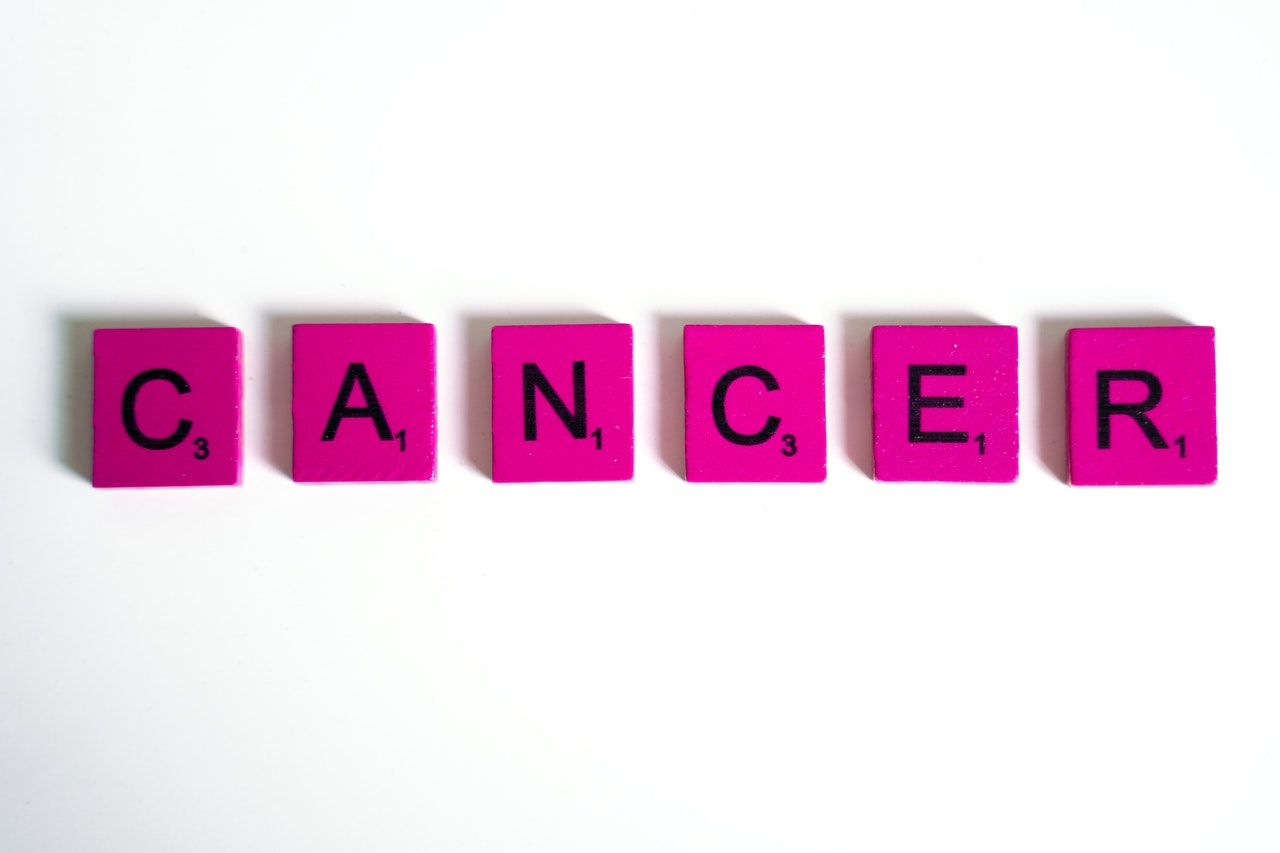An international study researching innovations in the treatment of colorectal cancer was bolstered in early February by a five-year renewal and $10 million in new funding. Based at the Huntsman Cancer Institute at the University of Utah, the ColoCare Study commenced in 2009. Since then, scientists have been researching potential innovations in colorectal cancer treatment. The recent renewal and announcement of additional funding could help this organization transform the way we treat colorectal cancer.
Overview of the ColoCare Study
Over the course of the ColoCare Study’s first five years, researchers evaluated over 3,300 people who had been diagnosed with colorectal cancers. The team of researchers has studied multiple ways to improve outcomes for colorectal cancer patients, including via biomarkers, diet, nutrition, and physical activity.
Study participants represent a wide range of backgrounds and geographic locations, as the ColoCare Study has an international scope. Moreover, participants are evaluated at several stages in the treatment process, beginning before surgery and at 3, 6, 12, 24, 36, 48, and 60 months post-surgery.
This process of regularly evaluating a diverse selection of patients has allowed the ColoCare Study to conduct innovative research in a variety of useful areas, including the following:
– Ethnic and racial disparities in treatment outcomes
– How lifestyles and behavioral factors can influence patient outcomes
– How novel biomarkers from blood, saliva, stools, and urine can be used to decide which types of treatments would be useful for a specific patient and predicting risk
– How interactions between different treatments, biomarkers, and risk factors can affect treatment outcomes
– Predictive factors for the outcomes of patients diagnosed with early-onset colorectal cancer (a diagnosis before age 50)
Initiated by Neli Ulrich, PhD, and William “Bill” Grady, MD, the ColoCare Study began at the Fred Hutchinson Cancer Research Center and has since expanded to encompass work undertaken at the Moffitt Cancer Center, German Cancer Research Center, and Huntsman Cancer Institute. Cedars-Sinai Medical Center, Washington University in St. Louis, and the University of Tennessee have also been used as ColoCare sites.
Insights Gained from ColoCare’s Colorectal Cancer Research
The first phase of the ColoCare Study’s research revealed valuable information in multiple areas of cancer innovation. Researchers have examined how nutrition, exercise, diet, medications, the gut microbiome, and blood and tumor markers can all play a role in determining the optimal treatment regimen for a particular patient.
One particularly interesting finding is that oxidative stress is a common characteristic in early-onset colorectal cancer patients. Oxidative stress has been proven to damage genes and causes tumors to grow faster. This problem is not common in older cancer patients, so these findings show that the properties of colorectal cancers vary significantly based on patients’ age. Researchers have used this information to develop more effective treatment methods for younger patients.
Research from the study’s first phase also revealed new information regarding how inflammation can affect patients at high risk for major quality-of-life side effects, such as fatigue. Another major subject was how regular physical activity could improve outcomes for colorectal cancer patients. And in a related area of focus, researchers discovered that although there is a close link between obesity and colorectal cancer, the area where the most fatty tissues are concentrated is a more accurate indicator of possible negative outcomes.
Possible Changes in Next Phase of Research
The ColoCare Study team plans to build on its findings as it moves into the next phase of innovative colorectal cancer research. Younger colorectal cancer patients will remain an area of focus, as the study plans to recruit more early-onset patients for additional research. Other demographics that will receive additional attention include residents of rural areas with limited health care access and diverse ethnic groups, including Black and Hispanic populations.
Biomarkers, or substances found in blood or tissue that demonstrate the characteristics of a tumor, will continue to be studied as a tool for informing patient outcomes. Information from this area of focus can be used to help patients better manage their risk and to construct personalized treatment regimens based on their unique health profile.
The primary goal of the next phase of the study will be evaluating how different types of patients have unique risk factors and how to build comprehensive treatment plans that address these risks.
Potential Global Impact on Cancer Research
The ColoCare Study has made its findings available to medical researchers and clinicians across the globe. Over 70 groups of researchers at various other institutions already have a working relationship with the study. Data gleaned from this research could be used to inform other colorectal studies, as well as research into potential treatment methods for other forms of cancer. We look forward to the next five years of ColoCare Study research and its potential positive impact on cancer research worldwide.

